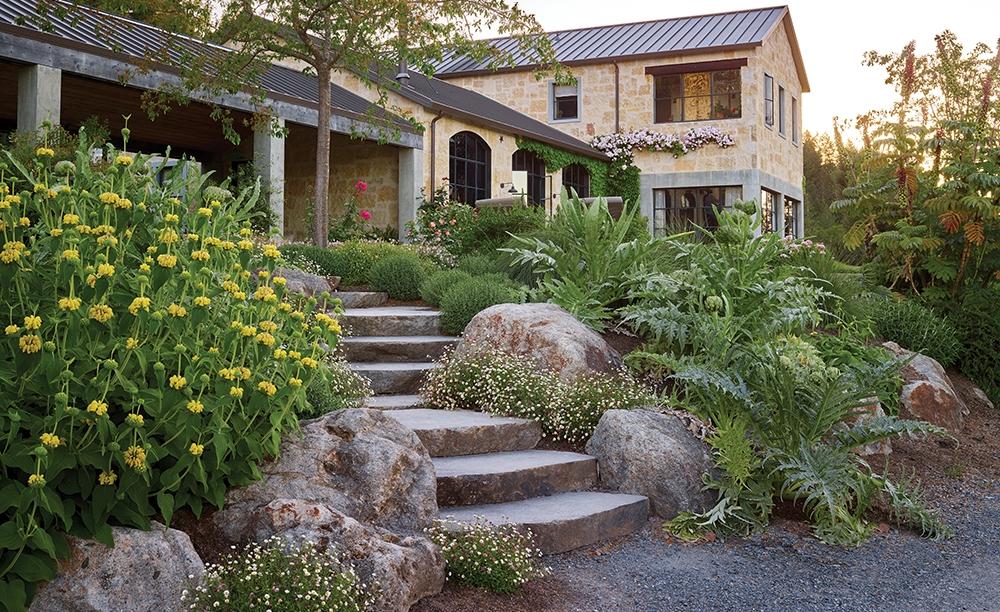Sometimes, two heads really are better than one.
A faltering Charlotte, N.C. economy and a declining demand for the modern aesthetic there recently prompted lighting specialist Bob Drake to reassess his own future – and that of his 26-year-old Metro showroom dedicated to contemporary furnishings and decorative arts.
A flurry of emails with Lee Tripi, his Raleigh-based counterpart and an interior designer with a similar penchant for modernism, resulted in Drake closing Metro and selling his Charlote home. It also spawned the creation of Trig Modern. They just opened their new showroom in a downtown Raleigh that’s finally undergoing a serious cultural renaissance.
It’s at home at 328 W. Jones Street, in a single-level, ranch-style building, circa 1964, with beaucoup natural light through storefront windows. Edward Durell Stone’s 1965 Legislative Building is not far away, nor is Frank Harmon’s future-hugging AIA-NC Center for Architecture and Design. The Alfred Williams & Company showroom for Herman Miller, designed by Gensler, recently moved back downtown too.
Population demographics are favorable for these latter-day modernists.
“The trend in downtown Raleigh is 2,500 new apartment units being built or proposed to be built in coming years,” Tripi says. “And the condo-livers downtown are already exposed to modernism – they’ve either traveled or lived somewhere else where they were exposed to it.”
The pair foresees an unconventional attitude and a 1970s chic on the horizon for this bustling downtown, where 60 restaurants and bars are now in full swing.
“What we’re trying to achieve defies convention – and that’s our tagline,” says Drake. “There’s an auction of Steve Rubel’s belongings from the ‘70s coming up in Florida, and if it gets publicity – Studio 54 was significant – it’ll be influential the same way Warhol’s stuff was.”
Still, they’re offering some interesting mid-century modern pieces rescued from flea markets, some textiles, pillows and decorative arts from the modern era – and some sweet, slim cabinetry from Italian manufacturer Berloni. North Carolina artisans, furniture makers and craftspeople are also well-represented.
If it’s stripped down with a sleek profile, then they’re interested.
“Modern is the only aesthetic we’re concerned with,” says Tripi. “It’s rooted in the Bauhaus movement, and it’s peaceful and calming.”
For a city now starting to embrace a new and bustling nightlife, Trig Modern may be offering just the right remedy:
There’s the tranquil environment for those who live there – and a symbiotic business arrangement for a pair of neo-modernists.
For more on Trig Modern, go to http://trigmodern.com/
[slideshow id=838]

